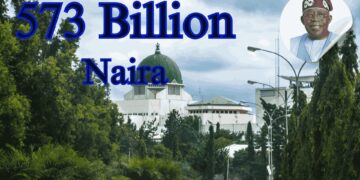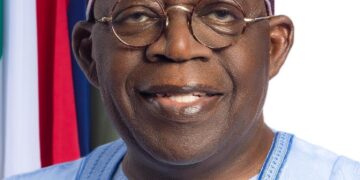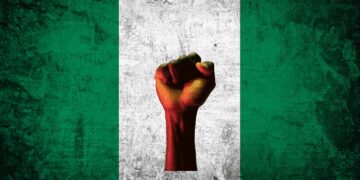In recent days, Nigeria has witnessed the resurgence of petrol queues, reminiscent of past challenges, due to a critical backlog in subsidy payments stifling the supply chain. The Nigerian National Petroleum Corporation (NNPC) Ltd, serving as the country’s sole petrol importer, has traditionally relied on government subsidies to maintain affordable pump prices. However, delays in settling outstanding payments to international traders, including major Swiss firms Trafigura and Mercuria, as well as oil giants like Total, have constrained cash flow, impeding NNPC’s ability to meet national demand adequately.
Typically, the contractual terms for supplying Nigeria’s petrol needs span around 90 days, but the accumulation of subsidy bills for November and December has significantly hampered importation efforts. Despite these challenges, there are signs of relief, with vessels carrying petrol products currently offloading at Apapa jetty.
Chinedu Uzordike, a member of the Independent Petroleum Marketers Association of Nigeria, highlights the necessity for stability in supply to eliminate queues at filling stations. While the recent scarcity remains manageable, it underscores NNPC’s pivotal role as the exclusive petrol importer, even amid deregulation efforts.
Efforts to obtain comments from NNPC’s corporate communications officer, Olufemi Soneye, were unsuccessful, underscoring the complexity of the situation.
NNPC’s shift towards cash payments for petrol imports, initiated in June 2023 following the removal of subsidies, aimed to enhance transparency and efficiency. However, recent data indicates that the Direct Sale Direct Purchase (DSDP) arrangement, initially slated for termination, persisted until November 2023.
A breakdown of NNPC’s transactions reveals significant crude oil liftings and swap deals, amounting to hundreds of millions of dollars. Clients in these deals include Gulf Transport and Trading, AA Rano Nigeria, PV Oil Singapore PTE Limited, Oando Plc, Sahara Energy Resources, Mercuria, Mocoh SA, and Oando DMCC.
As Nigeria grapples with petrol shortages amid subsidy payment challenges, the situation underscores the need for strategic reforms in the country’s energy sector to ensure sustainable and reliable supply chains for petroleum products.



















































